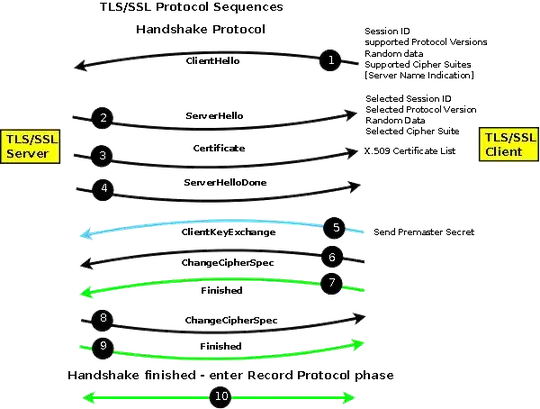I have run openssl speed and the output on my CPU for longest available DSA key size, which is 2048 bits:
sign verify sign/s verify/s
rsa 2048 bits 0.029185s 0.000799s 34.3 1252.3
dsa 2048 bits 0.007979s 0.009523s 125.3 105.0
To be honest, I was expecting larger amount of time to verify the keys, since people are often comparing the use of these two algorithms giving time of key verification as an argument for using RSA, because 'you generate (sign) the key once but end users verify it way more often'.
I must be missing something then, because since the key is verified in a fraction of a second, I cannot see a reason to say RSA is better, if one user just verifies the key at most couple of times a day when reading e-mails or downloading programs.
Is there any other reason why verification speed is significant or am I missing something else?

